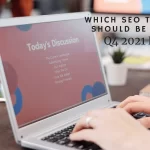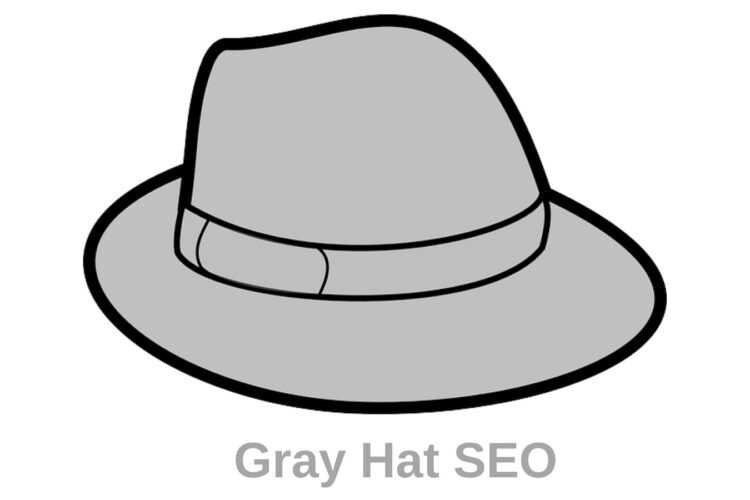
Search engine optimization has always been one of the most valuable strategies any website owner can employ to ensure their site is found and ranked well in Google. However, the search engine algorithm has changed significantly, rendering many of the old strategies obsolete.
In spite of this, Google continues to add new approaches and methods to upgrade its algorithm.
This article will give you an overview of the tactics that are now considered outdated and what you should do instead. If you are wondering which SEO techniques should be avoided, the following list explains most of them:
1. Keyword Stuffing
The basics of SEO are to make sure your site has relevant content that people are searching for. The use of keywords in your content can help with this, but only if done properly. When you use a high density of keywords in your content, you may appear as if you are keyword stuffing, which could result in a Google penalty and a drop in rankings.
Choose to put your keywords naturally throughout the article instead of cramming them all into one big block.
2. Hidden Text
This was a great way to rank your keywords in the search engines, but no longer the case. Now Google penalizes sites that they believe are manipulating their rankings, so make sure your SEO techniques are legitimate and not there for any other reason than to add quality content.
3. Paid Links
Paid links used to be an excellent way for SEO, but Google has changed its algorithm, so they are no longer as relevant as they once were. Google now targets sites that use specific link-building methods like buying links or offering them in exchange for promotion elsewhere on the web. These links will be penalized by Google, and you can be sure that your site will also be affected.
4. Cloaking
Cloaking occurs when a website owner creates the same page in two different styles, one for search engines and another for people. Today, cloaking is less effective and so many sites have been penalized for using it that Google has now explicitly banned it. It used to be an easy way to circumvent web spam filters, but it does not work as well as it once did, and so many websites have been punished that Google has now banned it outright.
5. Open Site Explorer
It is not advisable to use this site to find out which pages on your site rank high for a specific keyword. The site is constantly changing and updating, often adding new techniques that have already been banned.
6. Noindex Banners
It used to be great to use a no-index tag on an on-page element, but Google now penalizes these as spammy and can harm your ranking in their eyes. Instead, use rel=”no-follow” on any links you feel are absolutely necessary to your search engine rankings.
7. Keyword Density Keywords
Google will regard this as keyword stuffing and put a penalty on your site if you use an article with high keyword density. Instead, try to use more descriptive keywords that are more likely to be searchable by the average person.
8. Flash Movies
The use of Flash movies on your website used to be a great way to make sure both desktop and mobile devices could see your website, but this is no longer true. Due to the fact that Google now does not allow flash sites on their search engine, if you have used flash videos for your website, you have suffered a major setback.
9. Blog Networks
Those old blog networks no longer exist. You cannot promote your blogs using them, especially if you have recently bought links to promote them. This will lead to an over-optimization penalty, and your site will suffer. In this case, you may receive over-optimization penalties, and your site may suffer as a result. So, be careful of buying links and be sure to only get them from reputable sources if you want to do anything like this in the future.
10. 301 Redirects
When you have a new domain, Google may take some time to crawl the site, but setting up 301 redirects will assist with a faster crawl and help with search engine rankings.Ideally, you should avoid using a 301 redirect too often and only use it when necessary. However, Google has made it so that if you use a 301 redirect too many times within a short period of time, it can have the opposite effect and negatively affect your rankings.
11. Page Titles
Although using keywords in your page titles used to help with rankings, Google now uses its algorithm differently, so this is no longer the case. Instead, keep your titles descriptive and let users differentiate between your pages without using any keywords.
In summary, many of the strategies people use to rank their site well in search engines are no longer effective and outdated. Instead, focus on creating high-quality content for your audience and only add keywords where it’s natural and necessary to do so.
Using this advice, you will eventually start ranking highly on Google without suffering any adverse penalties from Google since you have worked so hard to make it good.
We at Diggi Floor will find the best SEO techniques that work for your business.




